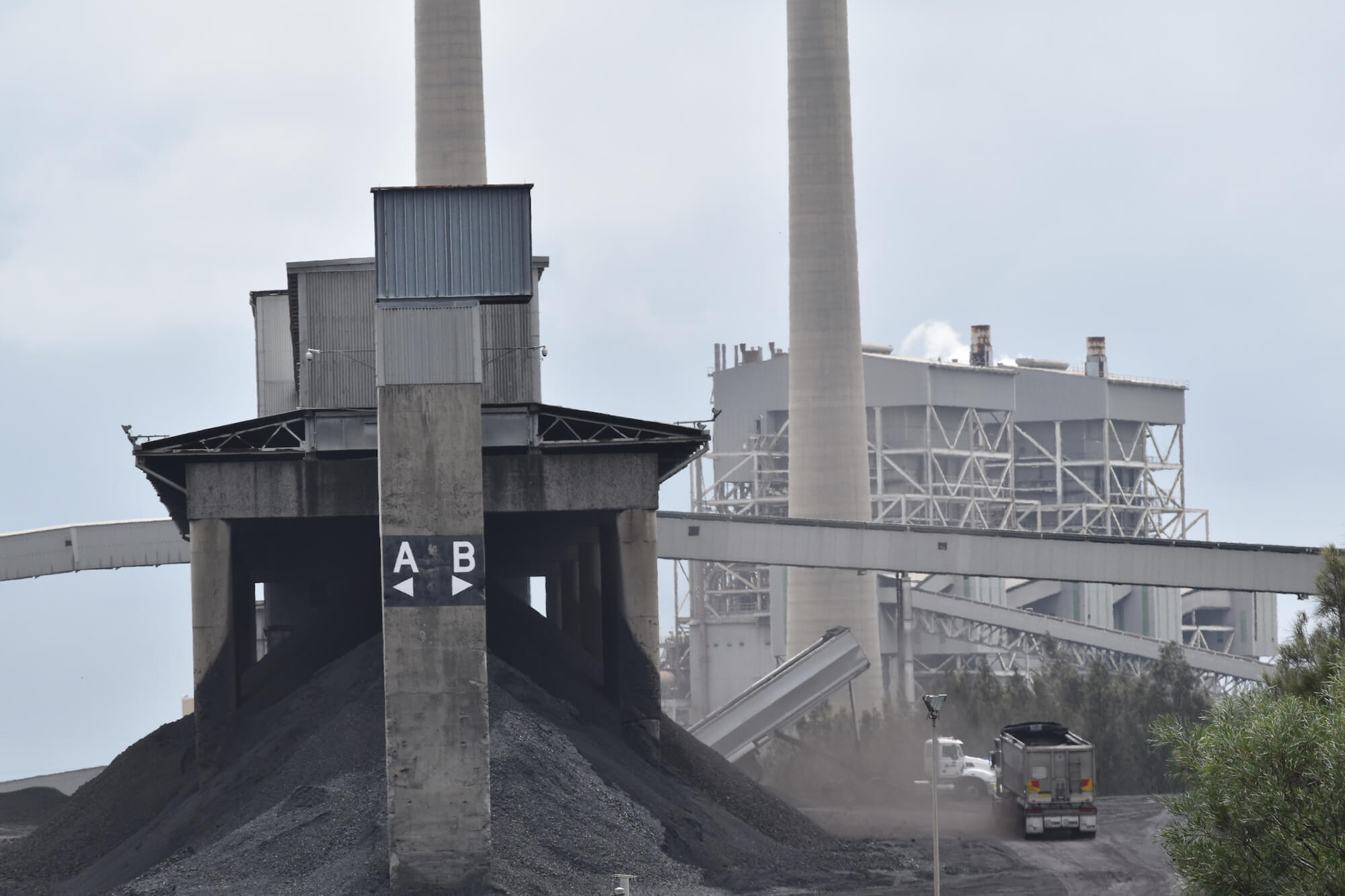A legal challenge to the EPA's licence for Vales Point power station to pump out high levels of toxic pollution into the air
For our clients Nature Conservation Council of NSW and the Australian Conservation Foundation, EJA lawyers challenged the Environment Protection Authority's decision to allow Delta Electricity to release highly toxic pollution into the air we breathe.
In a massive win for community health, we forced the EPA to change its unlawful decision to allow Delta Electricity to emit toxic pollution above the legal limit, and make Delta clean up its act within two years.
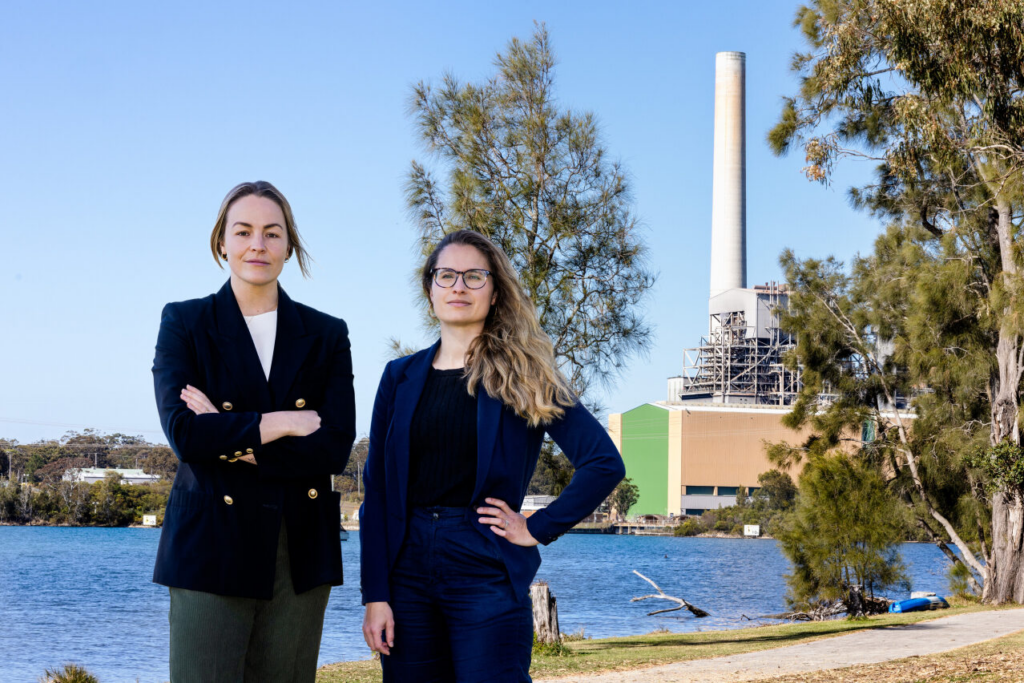
What was the issue?
For a decade, the NSW EPA gave Vales Point Power Station a legal loophole to allow it to pump higher levels of toxic pollution into the air we breathe.
The power station near Newcastle, then jointly owned by Trevor St Baker and Brian Flannery and operated by Delta Electricity, had been exempt from the more stringent ‘Group 5’ oxides of nitrogen (NOx) concentration emissions standards prescribed under the Protection of Environment (Clean Air) Regulation 2010 Vales Point since 1 January 2012.
This means since 2012, Vales Point had been allowed to pollute higher levels of toxic NOx into the air we breathe.
The exemption has the effect of shifting the costs of NOx pollution from Vales Point to the local community, manifesting in poor health outcomes and ultimately costing the NSW taxpayer in the form of increased burden on the public health system.

What is NOx and why is it an issue?
Oxides of nitrogen are known to have a range of negative health impacts, including causing asthma in children.
Low levels of NOx exposure can irritate the eyes, nose, throat and lungs and lead to coughing, shortness of breath, tiredness and nausea. Exposure can also result in a build-up of fluid in the lungs for 1-2 days after exposure.
Breathing high levels of oxides of nitrogen can cause rapid burning, spasms and swelling of tissues in the throat and upper respiratory tract, reduced oxygenation of tissues, a build-up of fluid in the lungs, and even death.
What did we do?
Acting for the Nature Conservation Council of NSW and the Australian Conservation Foundation, Environmental Justice Australia lawyers launched a legal challenge to the EPA’s decision to give Vales Point another licence to pollute.
This was necessary because in 2020, Delta applied to renew its licence exemption for an additional five years. The EPA did not publicly publish the application documents and initially indicated that it would not be undertaking formal public consultation.
EJA successfully applied to the EPA under the Government Information (Public Access) Act 2009 for a copy of the application. Together with the Nature Conversation Council of NSW (NCC) and the Australian Conservation Foundation, we secured a commitment from the EPA to seek public submissions on the application.
EJA lawyers urged the NSW EPA to deny Delta’s application and mandate proven air pollution reduction technology used around the world.
In October 2021, the NSW EPA called for public submissions on Delta Electricity’s application for a licence variation which would allow it to emit nitrogen oxide pollution at a rate higher than is otherwise permitted under NSW law.
The EPA received more than 1800 public submissions opposing the application.
Yet despite widespread community outrage, on December 15, 2021, the NSW EPA granted Delta Electricity’s Vales Point Power Station a licence variation allowing it to emit nitrogen oxide pollution at a higher rate than is otherwise permitted.
Putting the EPA on notice
On February 21, 2022 Environmental Justice Australia lawyers, acting for the Nature Conservation Council and Australian Conservation Foundation, wrote to the EPA warning the licence variation was unlawful as Delta Electricity had failed to meet the deadline to submit its application.
Documents we obtained under the Government Information (Public Access) Act 2009, revealed the EPA sought top legal advice on the issue.
On September 16, EJA, NCC and ACF made a further submission to the EPA putting evidence before the EPA about the serious health and environmental impacts of air pollution from coal-fired power stations.
That same day, Delta Electricity owners Sunset Power, announced Vales Point power station would be sold to Czech company, Sev.en Global Investments.

A win for community health!
In October 2022, the EPA conceded the previous pollution exemption it gave Delta was unlawful. The agency had to resort to using extraordinary powers to continue to allow Delta to pollute at rates higher than otherwise allowed under NSW laws.
Finally, the EPA has put an end to Delta's licence to pollute. It means by October 2024 Vales Point has two choices – clean up its act or plan for earlier closure.

“This win for community health is the result of our clients and the community tirelessly fighting for clean air to protect all members of the community, but especially kids with asthma, those who are pregnant and older people with respiratory and cardiovascular illness.”
“This is good news for the community that now has some certainty for cleaner air beyond 2024. However, we know there’s no safe level of pollution and it’s disappointing the EPA has determined continued pollution will not have any significant adverse effect on community health.”
— Jocelyn McGarity, EJA lawyer
At a glance
Where is Vales Point Power Station?
More of our impact for clean air
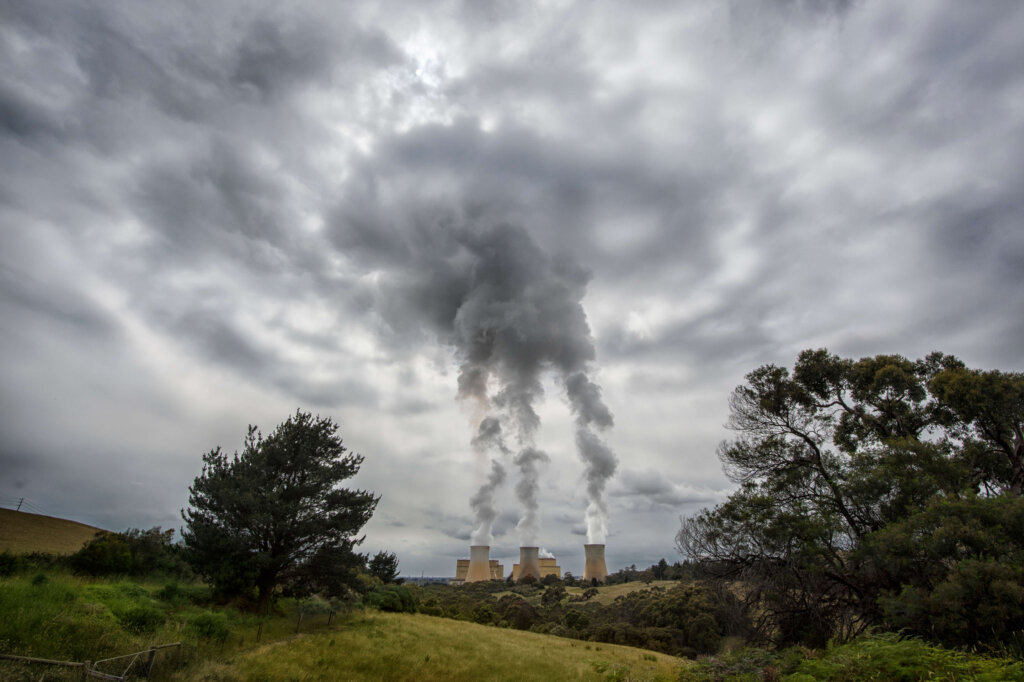
The Victorian coal pollution case
The case challenging the EPA and three huge power station operators over air pollution
Read More
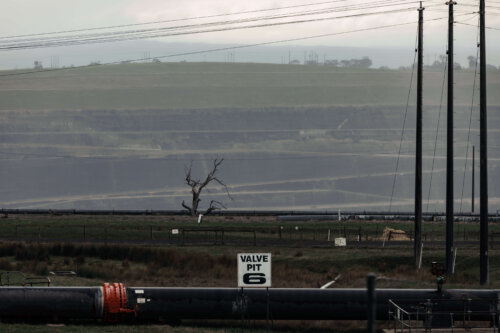
Cleaning up coal mines
Read More
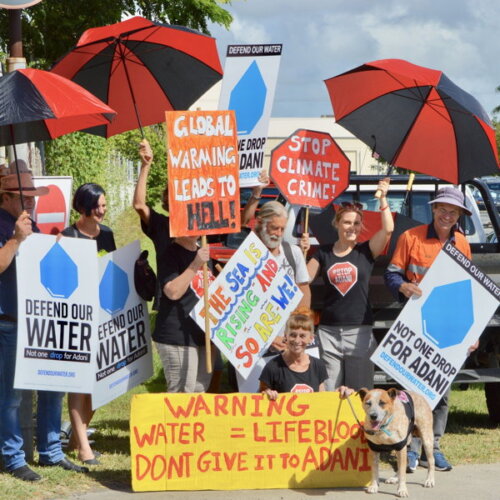
Holding Adani to account for breaching pollution controls
Read More
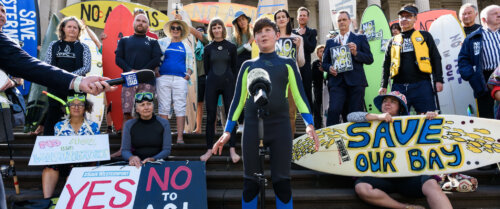
Stopping AGL’s gas import terminal to protect Westernport Bay
Read More

Make a difference
The challenges we face are vast. The time to push for large-scale system change is now.
Our financials
We are committed to transparency, accountability and sound financial management.
We encourage you to investigate our track record.
Join us
The law is a powerful tool to disrupt the status quo and make governments and corporations accountable.
Join us and let's build a radically better world.
